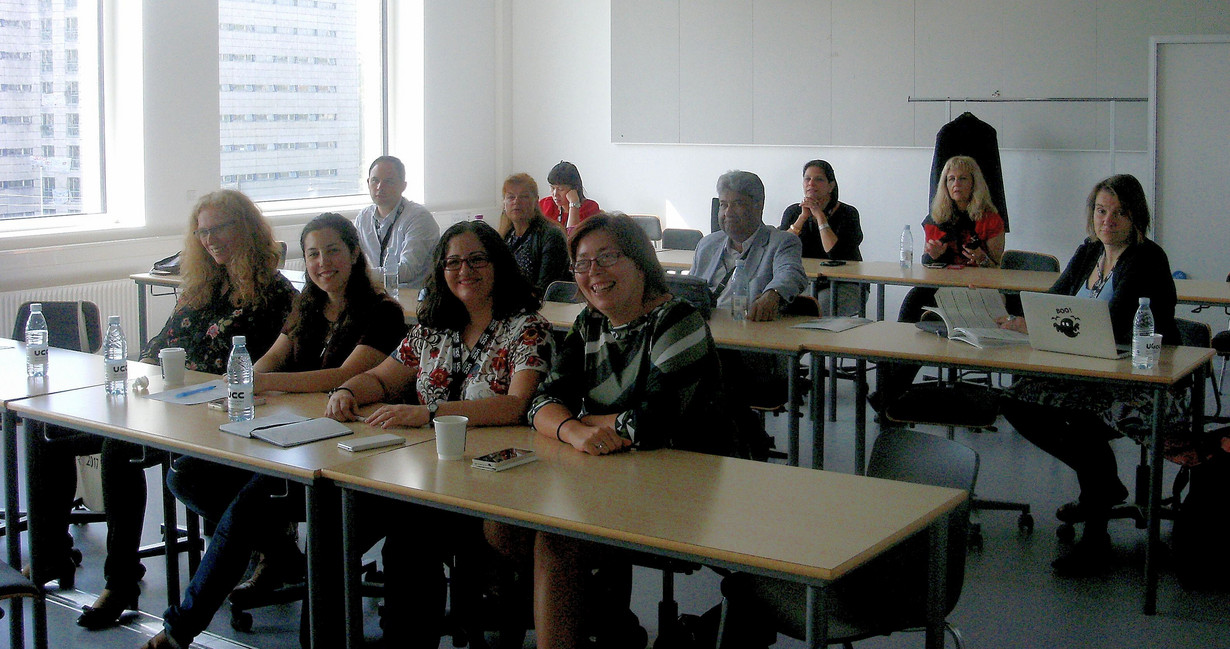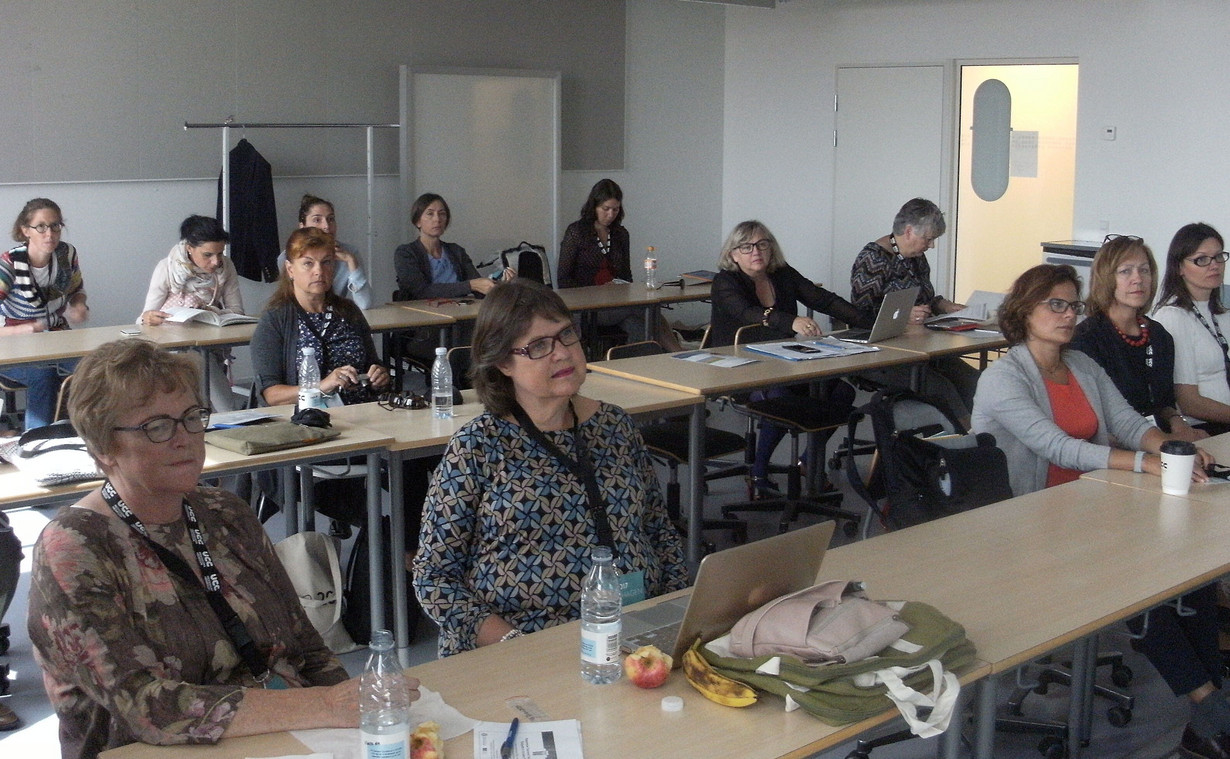Annual Report 2017, Copenhagen
With the obligation to write the Annual Report for our Network 20 what comes into mind is the famous quote from the well-known film ‘The 90th birthday’ shown on many TV Stations every New Year Eve which goes: ‘Same procedure as every year’. Of course, this isn’t quite true since there is a certain repertoire at play every year, some things differ. And this will be at focus in this 2017 report after the initial presentation of facts for the Copenhagen conference.
For the 2017 conference we had 44 contributions, some were redirected and none was rejected which resulted in presentation of 44 papers in 12 of the 13 session slots. One of these was a poster presentation. The number of Joint Sessions was two done together with NW23 and NW9 and these were both new cooperation’s. This year NW20 hosted three Symposiums, one Research Workshops and one Capacity Building Workshop.
As every other year the themes on the 2017 conference were broad but of course with a strong focus on cultural issues and innovation in an inclusive educational perspective. The below headlines and questions for three of the 12 sessions indicate the range of topics covered: ‘Narratives, Photography Narratives and Drama; How Do These Methods Work in Research and What Kind of Knowledge Will These Methods Provide on Topics Like Diversity, Identity, Social Skills and Life’? ‘Educational and Mentoring Practices Related to Integration and Acculturation – What Kind of Tensions and Hindrances Can Be Identified through Research Projects on these Topics’? Discourses and Practices around Refugees, Migration, Interculturalism and Inclusion on Micro and Macro Levels; What Made Us Wiser and What Have We Learnt to Frame Future Research? and ’What Is a Globalized Society, What Concepts Are Being Used and How Does That Effect the Interplay between Emotion, Identity, Intercultural Competences and Education’? to give just a few examples of typical headliners for the sessions.
Again, this year 'session life' was bookended by the 'Zero Session and the network-meeting. Both activities were well visited with almost 20 people comprised of hard core Network 20 affiliates but also some newcomers. The activity in this session was based on the main-theme for the conference: ‘Ambiguity and challenges for research in the educational world’ and consisted of two presentations as starting points for reflection and dialogue.
Despite the quote above this year also brought opportunities for new things happening. Beyond numbers the overall perspective in the ‘life’ of the network is that there seems to be an ethos or feeling of being in a community. The relations in the network are producing a kind of family feelings at annual reunions. We also had some newcomers that really got engaged in the activities within the network.
If this was a recurrent positive theme of former years’ experience one of the new and dynamic things happening this year was the Capacity Building Workshop on Tuesday. Being together with almost 30 people for 5 hours working with the theme for the conference indeed was a capacity building process which gave way and inspiration for new approaches to understand ambiguity in research but also hearing and being inspired by new methods and theories. This way of working was so productive that afterwards the arranging team comprised of 6 researchers from Ireland, Australia, USA and Denmark has had great feedback.
In NW 20 we also had 3 Symposiums this year which also produced very good feedback.
This year the NW20 established two very interesting joint networks with NW23 and NW9 which showed how much the different Networks have in common and perhaps certifies the well-known phrase that 1+1 equals more than 2. These cooperation’s were both new and obviously it would be beneficial to continue with them again next year. Both these joint sessions were very well visited and both collaborations were evaluated very positively and we aim for joint network sessions next year as well.
This year we should have had Pecha Kucha presentation but there were no proposals delivered in this specific format.
To sum up we should be very satisfied with the Copenhagen Conference and I think we have planted some seeds for further development and joint collaboration with other researchers and networks.

